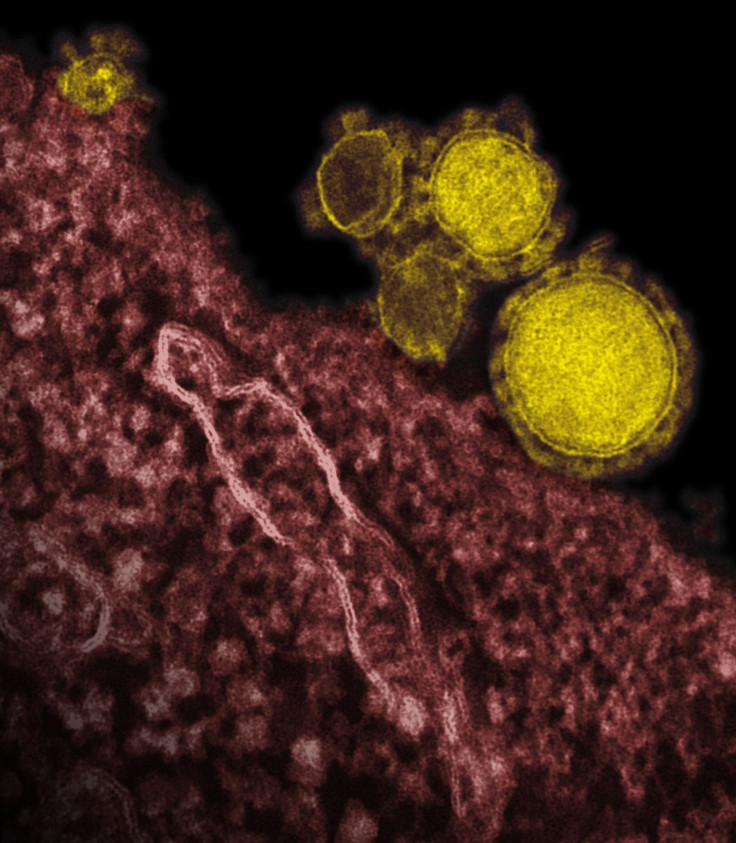Saudi Arabia Reports 3 New MERS Cases, 2 Health Workers Included: Will WHO Declare It A Global Threat?

Two female health workers treating patients for the Middle East respiratory syndrome (MERS) virus have contracted the infection. MERS, which originated in Saudi Arabia, currently has 94 cases throughout the world and has caused 46 deaths, according to the Centers for Disease Control and Prevention (CDC). MERS is a respiratory disease caused by the coronavirus MERS-CoV and is, according to reports, easily transferrable, especially in Saudi Arabian hospitals.
The World Health Organization (WHO) announced on Thursday that the two female health workers, from the Saudi regions of Assir and Riydh, both developed mild symptoms of MERS, in addition to a third new case of a 67-year-old woman who is in a more life-threatening condition.
According to Reuters, the WHO warned clinics and hospitals that are caring for patients with suspected or confirmed MERS infections to be careful. Health staff "should take appropriate measures to decrease the risk of transmission...to other patients, healthcare workers and visitors," according to the WHO.
An international team of infectious disease experts visited Saudi Arabia in May in order to assess the level of danger posed by MERS. After analyzing the outbreak's symptoms and contagious characteristics, they deemed MERS infection as a "serious risk" in hospitals because of its easy transmission in healthcare settings.
As MERS is caused by the coronavirus MERS-CoV, it is a cousin of the severe acute respiratory syndrome (SARS) that plagued the world in 2003 and infected over 8,000 people, of which 800 died. Considering MERS is continually infecting people and has a much high mortality rate than SARS, it has caused a consensus of fear among the public.
MERS was first reported in Saudi Arabia in September 2012, and there is still little known about the disease, but because of the ease at which the virus moves from person to person through healthcare facilities, leading health authorities are demanding more testing and better recordkeeping of the outbreaks.
The virus most noticeably causes coughing, fever, and pneumonia in those infected. With reasonable fear of fatality, the United Nations health agency issued travel and health advice for the millions of pilgrims who travel to Saudi Arabia's Mecca and Medina for Ramadan between July and August. An overwhelming majority of the MERS infection cases were in Saudi Arabia, and out of the 74 infections, 39 people died. France, Italy, Jordan, Qatar, Tunisia, the United Kingdom, and the United Arab Emirates have also all seen more than one case of MERS in their countries.
When the WHO emergency committee held its second meeting on July 17, the members unanimously decided that MERS had not yet reached the level to be considered a "Public Health Emergency of International Concern" (PHEIC). However, based on the overview of what is currently known about the MERS virus, the director-general of the committee recognizes the status of MERS as "serious and of great concern, but does not constitute a PHEIC at this time." There will be follow-up research and another review by the WHO as the next step into understanding and protecting the general public and health staff from this deadly disease.
Published by Medicaldaily.com



























